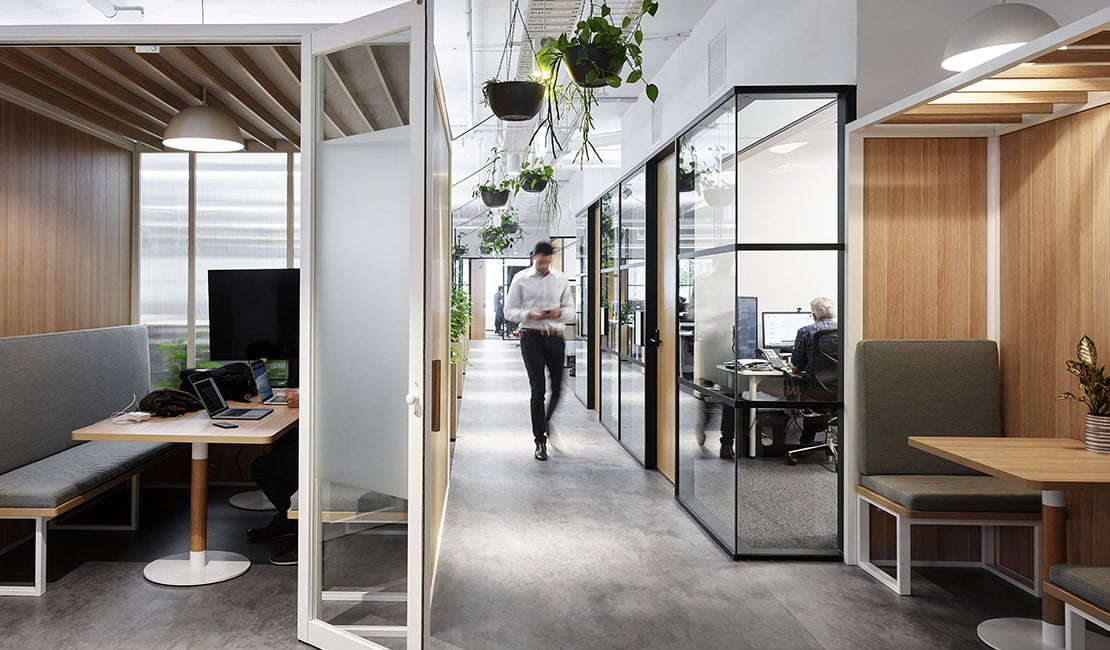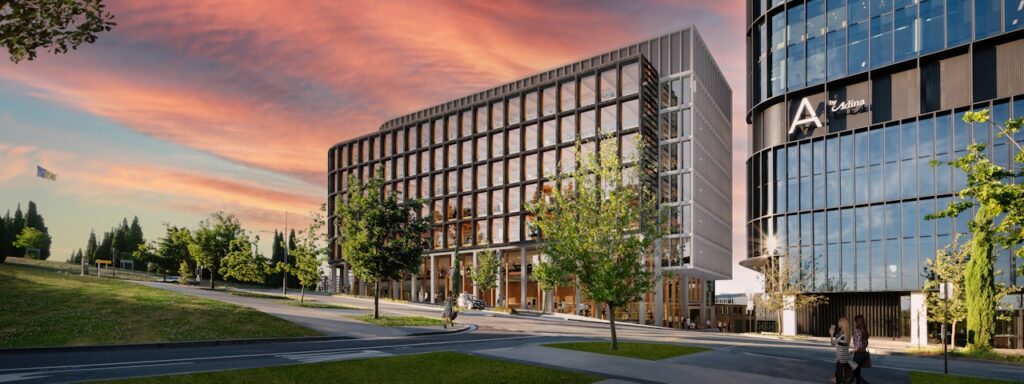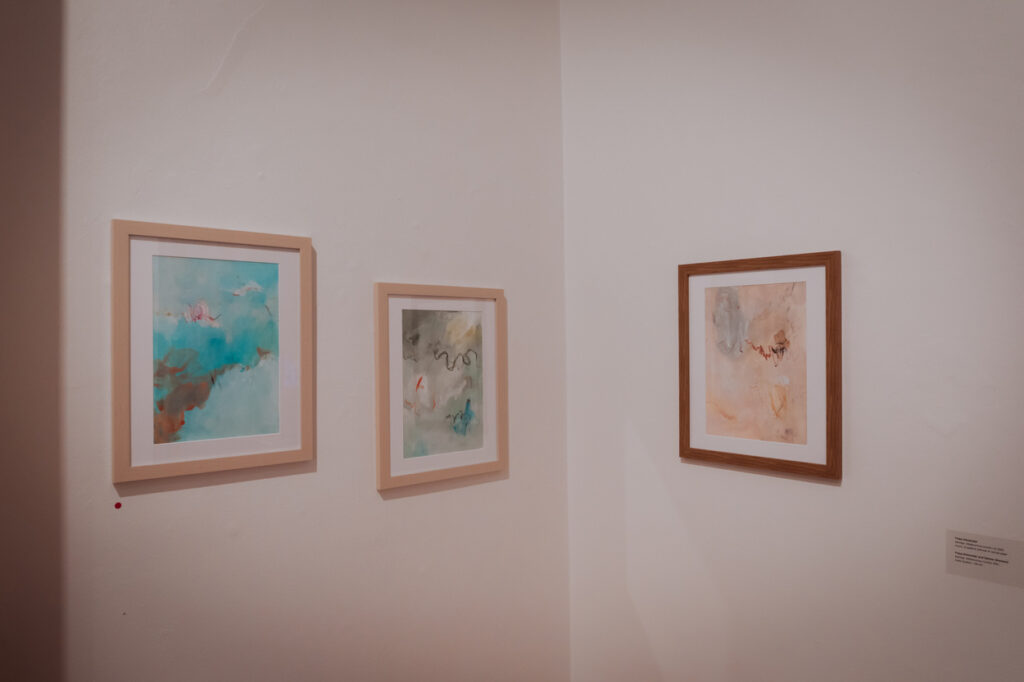This month marks 10 years since the doors opened on Hub’s first location, Hub Melbourne, a 200 square metre space on Bourke Street with four staff and 70 members.
Ten years on, Hub has grown to operate in five cities across Australia with a team of 80 full-time staff supporting thousands of members across a diverse range of industries.
Hub Australia has refined its goals and offering, working to combine workplace experience with a focus on customer service and quality spaces.
As one of Australia’s first coworking spaces, Hub has seen and influenced changes across the industry, with the way businesses and employees utilise workspaces changing dramatically over the last decade.
2011: Hub emerged into the Australian market
Hub Australia launched just as many other operators did globally at a time when coworking was more a movement than industry.
After the global financial crisis in 2008, layoffs and restructuring across the world gave many people a push to start their own business and make an impact, with a mass of freelancers and entrepreneurs entering the market.
Hub emerged into the Australian coworking scene to provide a community to these innovators and entrepreneurs and, along with other early workspace providers like inspire9 and Fishburners, cemented coworking’s place in Australia’s business landscape.
The evolution of coworking
In 2011, coworking’s key adopters were freelancers and individual entrepreneurs looking for a community and workspace, eager for an affordable alternative to makeshift home offices.
As the industry has grown, larger companies and growing teams have seen the growing benefits of coworking for their own businesses.
Over the past decade, Hub has listened to the changing requirements of members and evolved the offering of each coworking space to offer entrepreneurs, business leaders, and employees time-saving assets that add to their workday.
Flexibility in the face of disruption
For businesses unsure of their potential growth and scaling opportunities, the flexibility offered by coworking is perfect.
Members are able to take up short-term leases and flexible terms, allowing them to change their workspace or office if needed, adding or subtracting desks and team members as the business scales.
Compared to commercial leases, this is invaluable for the majority of businesses small and large, proven for many during the immediate impact of COVID-19.
The 5 to 10-year traditional lease has been proven to not suit the constant disruption involved in operating a business during this period, causing many large businesses to reach out to coworking spaces like Hub Australia to supply space or assist them in operating their own, with proven skills developed over the last ten years.
Employee attraction, retention, and changing requirements
“You can no longer have an OK place to work; it has to be an amazing place to work.” – Brad Krauskopf, Hub Australia CEO
Ten years ago, coworking in Australia was an emerging industry with basic amenities and few resources.
The ping pong tables, once perceived as an essential feature of coworking spaces, have been replaced by amenities reflective of members needs: high-end furniture, fitness studios, podcasting equipment, lifestyle facilities, and full-service cafés.
Organisations choose Hub Australia as their workspace because of the positive reflection on their brand and the workspace experience on offer that helps teams love where they work, consequently helping them attract and retain the best talent.
Hub’s facilities and amenities have developed over time through continual research and feedback from members, who often cite time-saving assets that add to the workday experience and create a positive, friendly workplace culture.
The future of Australian coworking
Hub Australia is continuing to grow and offer members better work solutions and a national network, with new sites opening soon in Canberra, Melbourne, and Sydney, alongside partnerships with landlords and corporate businesses.
COVID-19 drove home the value of the office for organisations, not just to the productivity of the company, but also to the wellness of their team.
The shift from traditional leases means landlords, commercial real estate (CRE), and corporations are increasingly looking to coworking and flex to retain tenants, with predictions pointing towards a network of flexible workspaces offering near-to-home spaces as an alternative between lengthy CBD commutes and working from home.
Hub Australia is continuing to be a leader in the Australian coworking industry, providing flexible premium spaces and fully-customisable solutions to businesses, teams, and real estate partners across the nation.
Read more: How the workspace will change in 2021






